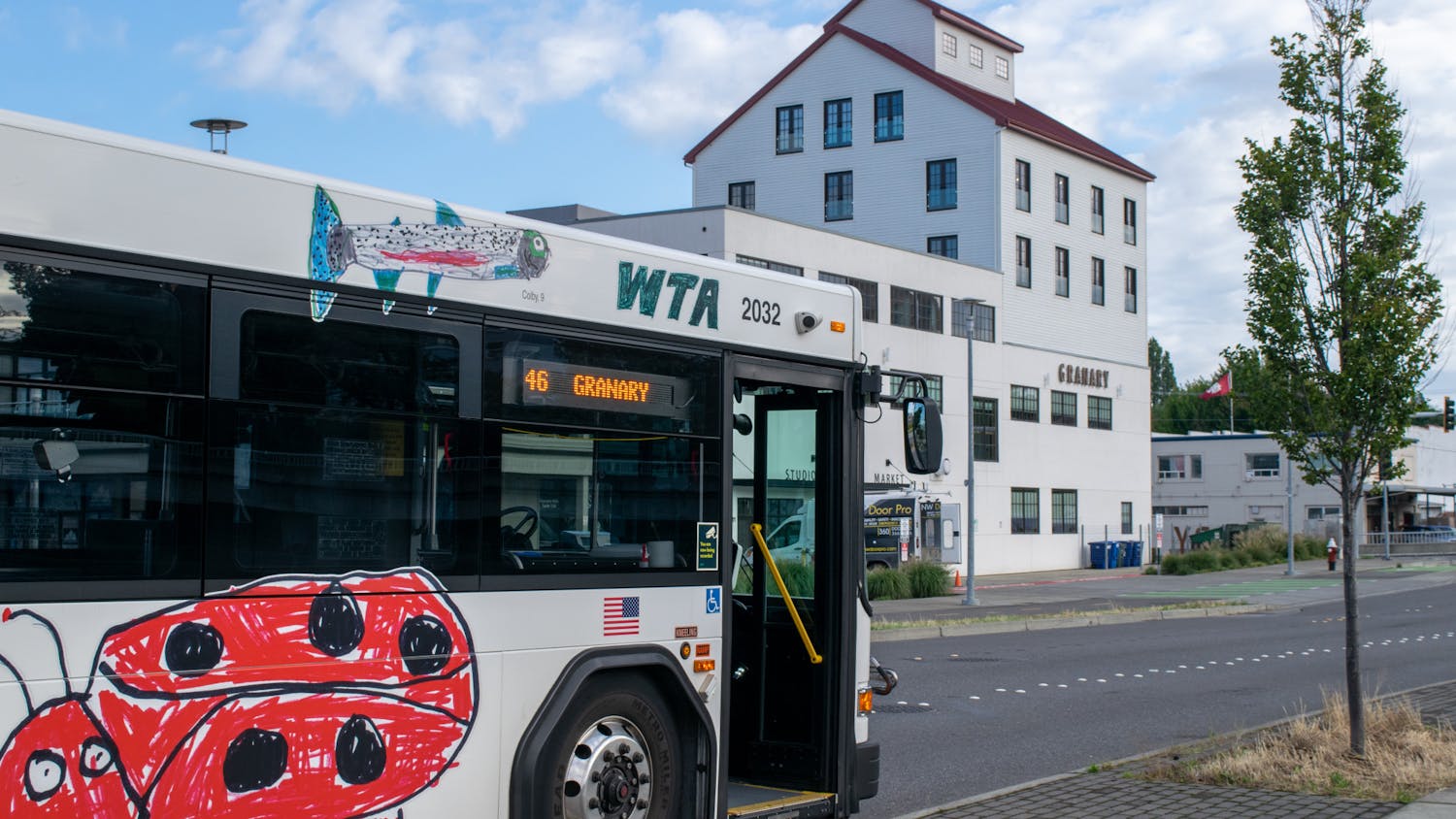Washington has seen steady increases in minimum wage in recent years, fueled by rising inflation and ballot initiatives. In January 2025, Bellingham will raise starting wages from $17.28 to $17.66.
Bellingham will also see another increase in May to $18.66, two dollars above the state’s minimum wage of $16.66.
This change will provide a boost for entry-level workers, but wage hikes aren’t necessarily good news for Washington’s current labor market. Some small business owners, like Bayly Peterson, the owner of AB Crepes and Otherside Bagel Co. in downtown Bellingham, face challenges between wanting to support their workers financially and maintaining business costs.
“I feel for everybody, both small business owners and people working minimum wage jobs. We’re all just as vital to the system as one another,” Peterson said. “One of the problems with the increase in minimum wage is that it’s offering a solution without addressing the problem.”
The “solution” Peterson refers to is the minimum wage increase, aimed at providing entry-level workers with a livable income. However, the “problem” implies the effects of economic pressure and the cost-of-living challenges that remain. Wage increases could come with unforeseen consequences to both owners and workers alike.
Guy Occhiogrosso, the president and CEO of Bellingham’s Chamber of Commerce, shared his thoughts on the issue in a blog post addressing the Chamber’s decision to vote “no” on the 2023 ballot initiative to hike the minimum wage.
“Our policies make and have made it very difficult for employers to succeed here, which is why we have a large percentage of retail, restaurant and hospitality businesses – the same businesses who will be impacted the most,” Occhiogrosso wrote.
Bellingham is home to numerous franchises and corporate-owned organizations. Texas Roadhouse recently opened its doors and a Chick-fil-A is on the way, which presents locally-owned businesses with the challenge of remaining competitive in the wage market.
When wage increases are at play, bigger restaurants are more likely to stay open than smaller restaurants because of their retention rates, according to recent research from the University of Michigan and Carnegie Mellon University.
“With these [wage] increases, it’s going to lead to more corporatization of [the city],” Peterson said. “The local businesses are going to have a hard time keeping up with places that have [large] national budgets.”
For minimum wage retail workers, the 2025 increase brings relief and hope for a stronger sense of financial stability. Becky Moser, a minimum wage retail worker currently making $17.34 an hour, believes more companies should accommodate employees with a livable wage.
“If my wage were higher and [companies] helped their employees, I would be much happier to come into my job and not have to scrape by every day,” Moser said. “With ‘minimum wage’ you’re supposed to be able to live minimally – not have to pick and choose [whether] I keep the lights or the internet.”
In 2021, Drexel University conducted a study that determined a living wage in most states would need to be between $20 and $26 an hour to avoid food or housing financial insecurities.
While an advocate for raising wages to support the local community, Occhiogrosso discussed the nuances between different types of businesses in Bellingham and described that wages aren't a catch-all.
“Higher wages for individuals in our community is better,” Occhiogrosso said. “A minimum wage [increase] increases everyone’s wage, and that’s not necessarily a good thing…advocating against the minimum wage is not advocating against frontline workers – it’s saying if everybody gets a wage bump, the cost of living goes up for everybody.”
An issue that remains amongst frontline workers is wage gaps between newly hired and tenured employees. As wages increase, employees who have worked longer within an organization have been found to make less than the newly-onboarded which raises concerns about pay equity.
“There’s such a differentiated gap between my pay and the new hires…people that just started are making $18 to my $17.28,” Moser said. “What I was offered wasn’t the same as next month’s batch of hires and that makes me feel terrible.”
Occhiogrosso proposed his idea to address the need for higher wages in Bellingham and separate wages based on financial need. This solution would set apart residents in need of income for necessities and those needing entry-level work experience to join the workforce.
“Some employers probably use minimum wage as a pay rate [for] people that should be getting a living wage,” Occhiogrosso said. “Then there would be a training wage…but we just don’t have that toolset right now to do so.”
Sabrina Diamond (she/her) is a City News reporter for The Front. She is an involved public relations major at WWU. Sabrina serves as the Director of Events and Communication for WWU’s PRSSA Chapter and proudly represents the community of future PR professionals. In her free time, she enjoys playing cozy video games like Stardew Valley. You can reach her at sabrinadiamond.thefront@gmail.com.






